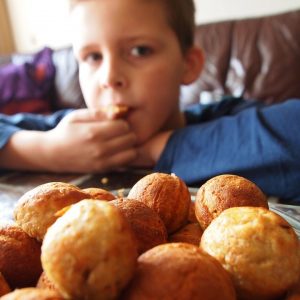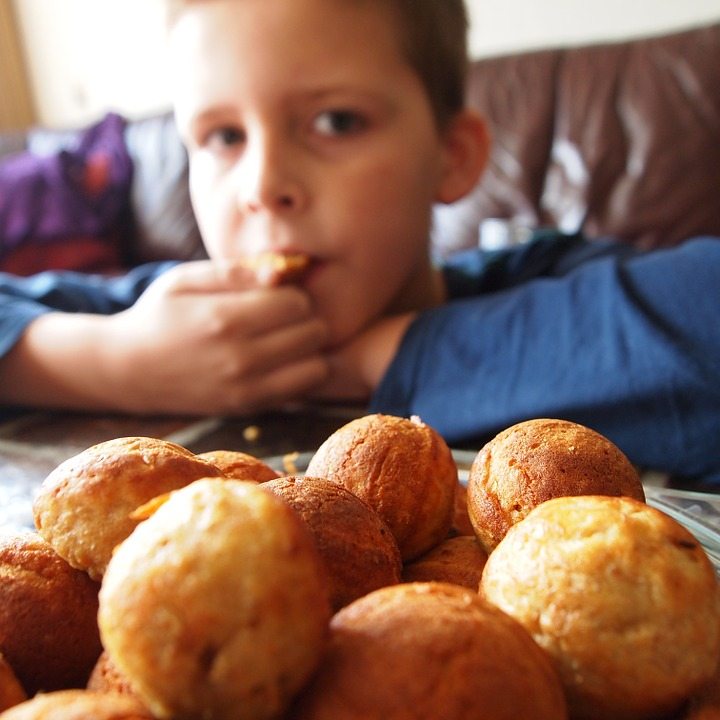 Some foster children have experienced the trauma of not having enough to eat. Others turn to food to feel a sense of control in the middle of out-of-control circumstances or emotions. For these reasons, they may exhibit a variety of unhealthy food obsessions—even at extremely young ages. It’s important that foster and adoptive parents know how to respond in this situations.
Some foster children have experienced the trauma of not having enough to eat. Others turn to food to feel a sense of control in the middle of out-of-control circumstances or emotions. For these reasons, they may exhibit a variety of unhealthy food obsessions—even at extremely young ages. It’s important that foster and adoptive parents know how to respond in this situations.
Types of Eating Disorders
Food insecurity, the fear of not having enough food, and eating disorders show up in various ways. Here are some of the signs that your child could be experiencing food insecurity:
- Hoarding: You may find food wrappers in unusual places—perhaps under your child’s bed or in his closet. You may catch the child stealing food or encounter meltdowns when food runs out.
- Gobbling: A hoarding child may also eat extremely fast. Gobbling isn’t just a lack of social skills—it’s often rooted in food insecurity.
- Overeating: This may simply be exhibited as overeating at the table, but it can also show up as binge eating. You may notice rapid weight gain if a child is secretly binge eating. Here again, you may find empty food boxes or bags in strange places.
- Anorexia: You may notice a preoccupation with food, strange or secretive eating patterns, constant dieting despite being very thin, extreme weight loss, fixation on body image, and more. If a child refuses to eat on a regular basis, it’s very likely anorexia.
- Bulimia: You may notice signs of overeating or hoarding, but also tooth decay or cuts on her hands from induced vomiting or excessive amounts of time in the bathroom.
What To Do (or Not Do) If Your Child Has an Eating Disorder
Eating disorders in foster children are almost always connected to control—either a child’s feeling of needing to control something (food) when everything else feels out of control or a child’s feeling of the loss of control. Even after foster adoption, children may need to be reassured that their needs will always be supplied adequately and regularly. Some food obsessions, such as hoarding, gobbling, and overeating, can be healed over time, but others, such as anorexia and bulimia, may require professional treatment.
What Not To Do:
- Don’t enforce food restrictions. This will only increase their hyperfocus on food and prolong the problem.
- Don’t use food as punishment (i.e. going to bed without dinner). This can increase their anxiety by setting them back into their old life where this was a regular occurrence.
- Don’t force the child to eat everything on their plate, or to eat (if they’re refusing to eat). Sometimes, a child may refuse to eat a food due to a negative memory associated with it. Insisting on their compliance can increase their association with food as a power tool.
What To Do:
- Set aside a container and let the child select food to put in it. Only remove food from it when the child is with you.
- Create healthy food habits as much as possible (i.e. encourage the child to eat vegetables before candy).
- Every so often, allow the child to eat foods that are familiar to him.
When children don’t have their basic needs supplied, they can develop unhealthy eating habits and disorders. Approach the problem with an understanding that food was perceived as their only place of safety or control and that it may take time for them to feel like their needs are being met and that they are safe.
Author: Children First FFA
Published: August 24, 2016




